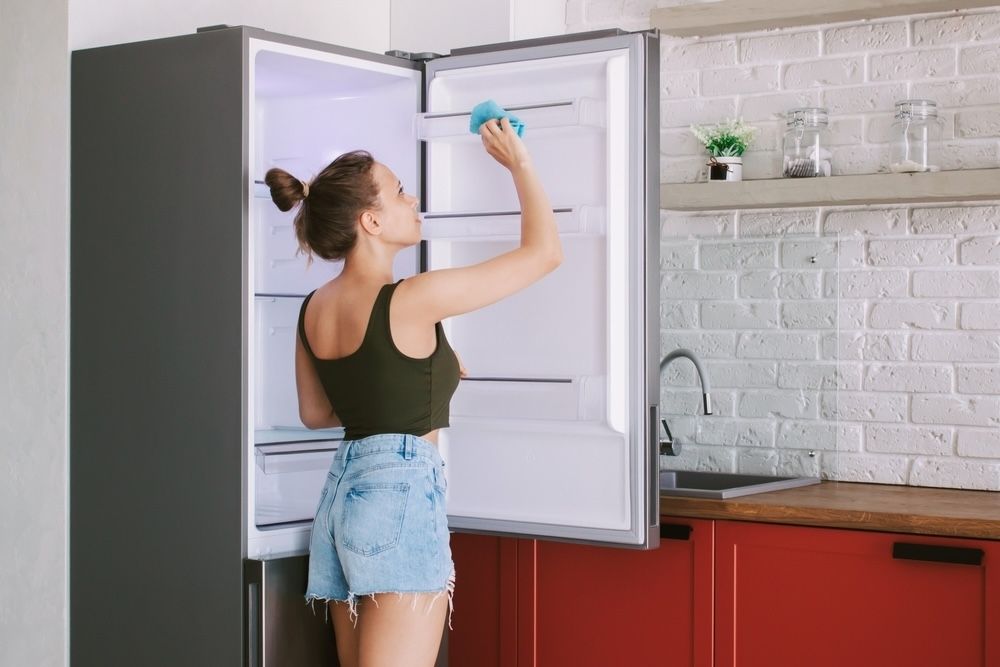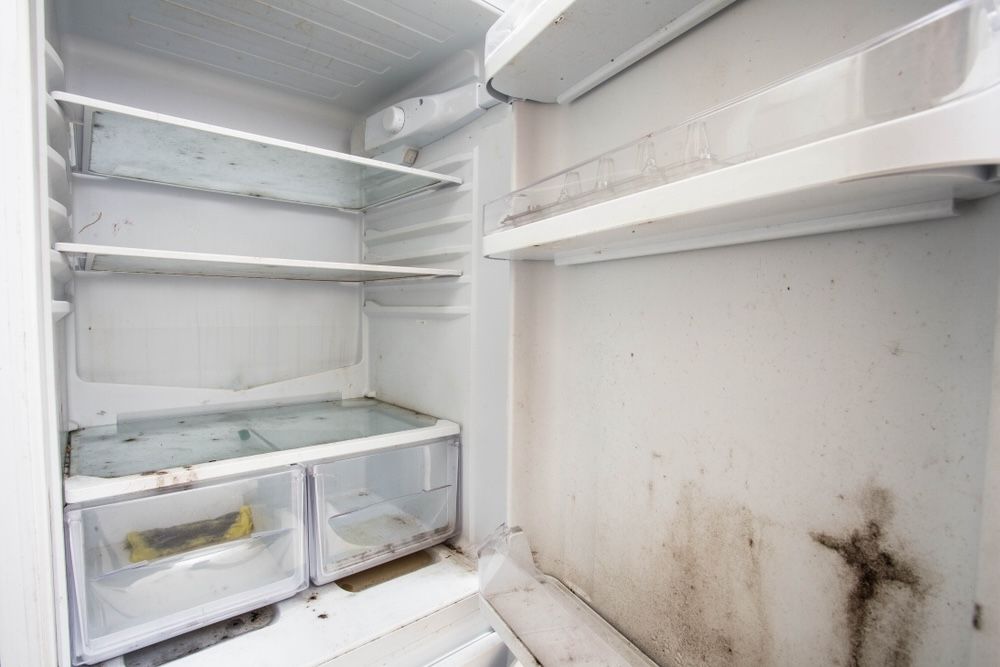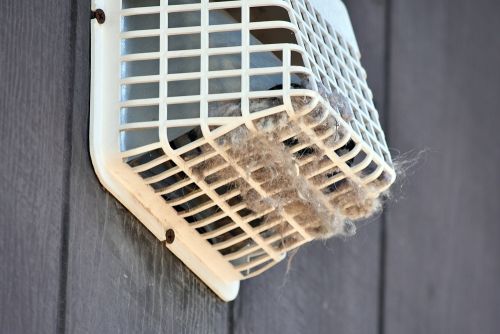Guide to Cleaning and Maintaining Your Refrigerator

Your refrigerator is undoubtedly one of the most essential appliances in your home, playing a crucial role in keeping your food fresh, safe, and ready to eat. Despite its importance, the refrigerator is often overlooked when it comes to regular cleaning and maintenance. Neglecting this vital task can lead to a host of problems, including reduced efficiency, higher energy bills, and potential food safety issues. By understanding the importance of routine care and following a few simple steps, you can significantly enhance the performance and longevity of your refrigerator.
Cleaning your refrigerator is not just about maintaining a spotless kitchen. It’s about ensuring that the appliance operates at peak efficiency. Dust, dirt, and food spills can accumulate over time, affecting the cooling mechanisms and potentially leading to mechanical failures. Moreover, the interior of a refrigerator is a breeding ground for bacteria and mold if not cleaned regularly. These contaminants can spoil food faster and pose health risks to you and your family.
Another crucial aspect of refrigerator maintenance is addressing the exterior components, such as the condenser coils and door seals. These parts are essential for the efficient operation of your fridge, and neglecting them can result in higher energy consumption and more frequent breakdowns. By taking the time to clean and inspect these components, you can save on energy costs and avoid the inconvenience of unexpected repairs.
In this comprehensive guide, we will walk you through the step-by-step process of cleaning both the interior and exterior of your refrigerator. We will also provide expert tips on maintaining optimal temperature settings, ensuring proper air circulation, and checking door seals. Whether you are tackling routine upkeep or addressing specific issues, our detailed instructions and practical advice will help you keep your refrigerator running smoothly and efficiently.

Why Regular Cleaning and Maintenance Matter
Regular cleaning and maintenance of your refrigerator help in several ways:
Energy Efficiency: A clean refrigerator operates more efficiently, reducing energy consumption and saving on utility bills.
Food Safety: Regular cleaning prevents the buildup of bacteria, mold, and unpleasant odors, ensuring that your food stays safe and fresh.
Longevity: Proper maintenance can extend the lifespan of your refrigerator, delaying the need for costly repairs or replacements.

Step-by-Step Guide to Cleaning Your Refrigerator
1. Preparation
Unplug the Refrigerator: Always unplug your refrigerator before cleaning to ensure safety.
Empty the Contents: Remove all food items and store perishables in a cooler with ice packs.
Remove Shelves and Drawers: Take out all removable parts and let them reach room temperature before cleaning to avoid cracking.
2. Cleaning the interior
Mild Cleaning Solution: Mix a solution of warm water and mild dish soap. Avoid using harsh chemicals that can leave residues and odors.
Wipe Down Surfaces: Use a soft cloth or sponge to wipe down the interior surfaces, including shelves, drawers, and door seals.
Tackle Stubborn Stains: For tough stains, use a paste of baking soda and water. Apply the paste, let it sit for a few minutes, and then scrub gently.
3. Cleaning removable parts
Wash with Warm Soapy Water: Clean shelves and drawers with warm, soapy water. Rinse thoroughly and let them dry completely before reinstalling.
Avoid the Dishwasher: Some parts may not be dishwasher safe. Always refer to the manufacturer's instructions.
4. Cleaning the Exterior
Wipe Down the Doors: Use a damp cloth and mild detergent to clean the exterior doors. Pay special attention to handles and areas prone to fingerprints.
Clean the Condenser Coils: Dust and debris on the condenser coils can reduce efficiency. Use a vacuum or a coil brush to clean them at least twice a year.
Maintenance Tips for Optimal Performance
1. Temperature Settings
Recommended Temperature: Keep your refrigerator set between 37°F (3°C) and 40°F (4°C) and the freezer at 0°F (-18°C).
Avoid Overloading: Do not overfill your refrigerator, as this can obstruct air circulation and affect cooling efficiency.
2. Check Door Seals
Inspect Regularly: Ensure the door seals (gaskets) are clean and free from cracks. A tight seal prevents cool air from escaping.
Test the Seal: Close the door on a piece of paper. If you can pull it out easily, the seal may need replacement.
3. Defrosting
Manual Defrost: If your refrigerator requires manual defrosting, do it regularly to prevent ice buildup, which can hinder performance.
Automatic Defrost: For models with automatic defrost, ensure the defrost drain is clear to avoid water pooling inside.
4. Air Circulation
Proper Ventilation: Ensure there is adequate space around your refrigerator for proper air circulation. Check the manufacturer's guidelines for clearance requirements.
Summary
Maintaining a clean and well-functioning refrigerator is essential not only for the appliance's longevity but also for your family's health and your household's energy efficiency. By following the steps outlined in this guide, you can ensure that your refrigerator remains in top condition, providing reliable service for years to come. Regular cleaning and maintenance might seem like a chore, but the benefits far outweigh the effort involved. You’ll enjoy fresher food, lower energy bills, and a reduced risk of costly repairs.
Think of your refrigerator as an investment in your home and health. Just like any other appliance, it requires regular care and attention to perform at its best. By implementing the cleaning and maintenance tips provided, you can extend the life of your refrigerator and keep it operating efficiently. This proactive approach can save you money in the long run by preventing potential breakdowns and ensuring that your food stays fresh longer.
Additionally, a well-maintained refrigerator contributes to a more sustainable household. Energy-efficient appliances reduce your carbon footprint, and proper food storage minimizes waste. By taking these steps, you’re not only enhancing your home’s functionality but also making a positive impact on the environment. Every small effort counts towards a greener future, and maintaining your refrigerator is a simple yet effective way to contribute.
We hope this guide has provided you with valuable insights and practical tips for maintaining your refrigerator. Remember, the key to a long-lasting appliance is consistent care and attention. If you have any questions or need further assistance, don’t hesitate to reach out to our team of experts. Stay tuned to our blog for more appliance care and cleaning tips, and make your home a cleaner, more efficient, and healthier place to live.
Topics
Check more articles on our blog

Super Effective Tips To Clean The Oven

The Importance of Cleaning Your Dryer Vent: An In-Depth Guide

How To Clean Stainless Steel Appliances With Natural Ingredients?
